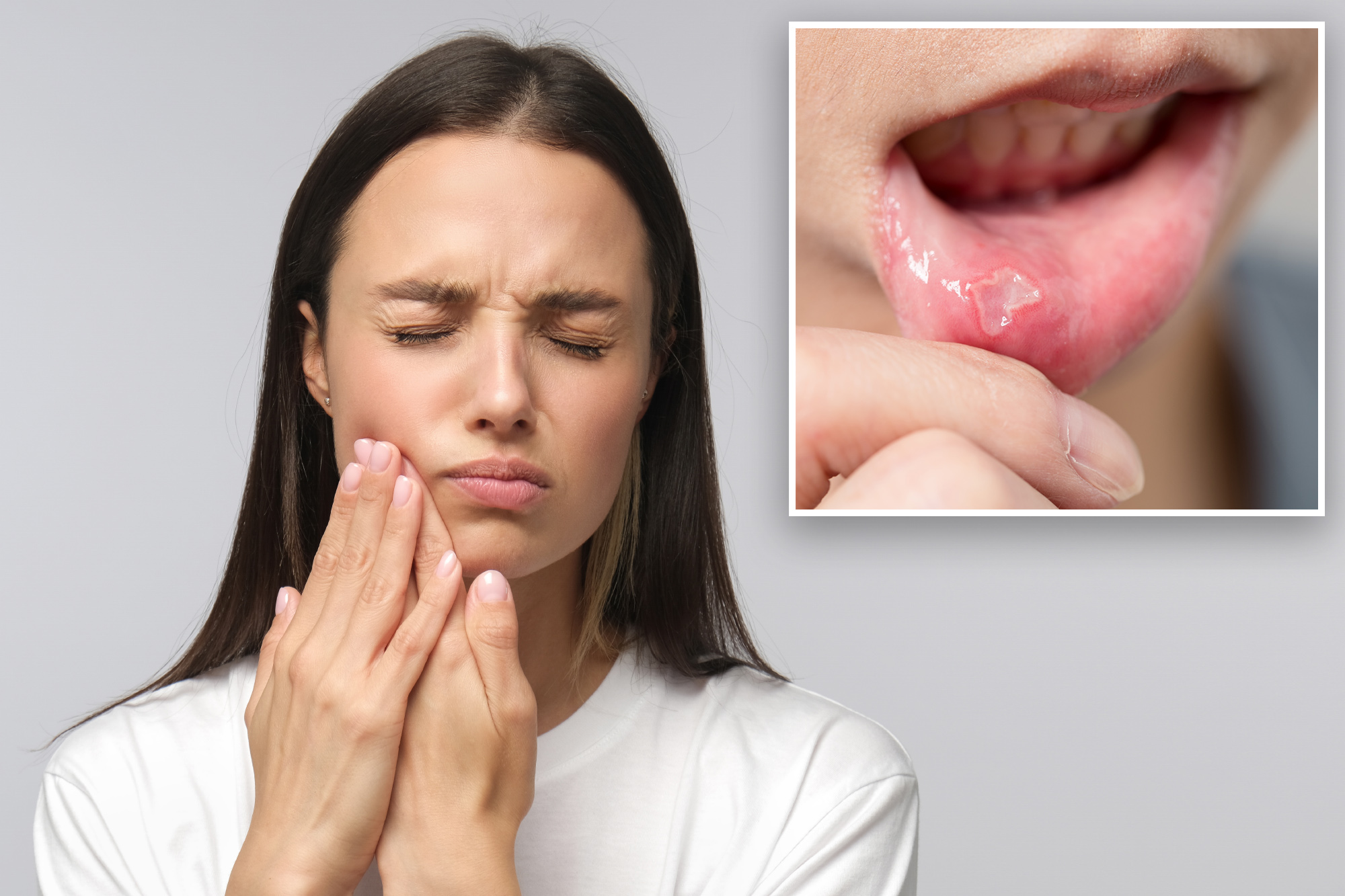
During the active treatment of cancer, patients face many smaller battles on the road to forgiveness.
One of those less popular battles is a condition known as Kimo mouth, a painful side effect of chemotherapy and radiation.
For some, Kimo mouth can result in mouth wounds and other unpleasant symptoms, such as a limited ability to eat, drink or even speak, according to experts.
In an interview on camera with Fox News Digital, Dr. Rajiv Saini, a dentist and periodontal specialist from Katy, Texas, discussed the spoken situation rarely.
While the level of cancer tends to high throughout the US – with the National Cancer Institute that predicts that 26 million people will be diagnosed by 2030 – Saini said the mouth of kimio – likely to be one of the most side effects ordinary.
Among those who have had head or neck cancer, 90% will experience these symptoms. Of all cancer survivors, about 40% will suffer from the condition.
Saini, a Harvard Medical School graduate, said the main symptoms of Kimo mouth are red, swollen and painful in the mouth, also known as oral mucositis.
Patients can also suffer a burning sensation that can be intensified by spicy food.
They also face a higher risk of contracting fungal infections.
Kimo mouth can also cause xerostomia, commonly known as dry mouth, as well as a metallic taste, which can disrupt the appetite.
“Cancer treatment damages the salivary glands present in the mouth, which are responsible for producing the right amount of saliva,” Saini said. “So really deteriorates the oral state.”
“When your mouth is dry, it lacks all minerals, all natural enzymes,” he added. “There is an imbalance in the oral microbioma.”
Saini said that one of the “most overlooked” challenges of recovering cancer and mouth Kimo is that it makes him “almost impossible” for parents to talk to family members, even after beatings.
“While chemotherapy and radiation exacerbate wounds, inflammation and dryness in the oral cavity, even the simplest words become agonizing,” he said.
“This unspoken side effect not only affects their ability to communicate, but also gets an emotional number, letting them feel isolated from their families during an already great battle.”
Preventing oral complications
A weakened immune system will leave patients more susceptible to complications like Kimo’s mouth, according to Saini.
The dentist recommended that cancer patients stay in accordance with routine dental exams, especially directly after a diagnosis of cancer, to address any issues that may worsen during treatment.
“You have a possibility of opportunities where you can immediately go within the next two or three days, set an appointment with a dentist and brush your teeth,” he advised.
“If there is any caries and initial, small dental cavities, they must be fixed. If you have a gum infection, a deep cleaning should be done so that you are ready. “
Saini called on patients with cancer to leave mouthwash and rinsing with alcohol and colorful additives, as these chemicals may be harmful to a compromised immune system. They can also worsen the wounds and further ignite their mouths.
Fixing saltwater rinsing
Saltwater rinses have been shown to be effective in treating kimo mouth and alleviating symptoms, Saini said.
Specifically, salty seawater offers a variety of minerals that can help heal the mouth, such as sodium, calcium, zinc, chromium and silicone, which Sain described as “balanced in nature”.
“Sea salt usually works in a very natural way by providing all minerals that help heal these cells in a much faster way than any product of oral care,” it noted.
Saini, who is also the leading scientific official for the H2ocean seawater rinsing company, referred to research that found that sea salt has therapeutic influences on the oral cavity, minimizes dental complications and accelerates the healing process.
Dr. Monique Gary, breast surgical oncologist and lead medical medical officer, a California -centered breast exam provider, agreed that a rinsing with salted water, or salt plus baking soda in the water, may be useful.
“Typically, I recommend a rinsing of salt water for my patients over a unsaturated person, as it can have more a calming effect,” she told Digital Fox.
“Washing the magic mouth” is a particularly useful rinsing, Gary said.
It usually contains an antihistamine and actual anesthesia, and may or may not include an antacid, antibiotic and antifungal.
Gary also recommends that patients avoid dehydration and use a soothing lip balm to prevent cracked lips.
Although dental care is essential for cancer recovery, there are no dedicated tooth professionals attached to cancer clinics, according to Sain, which may result in the delay in oral care intervention.
“This is a very large part of the pie we miss here and it is affecting [patients’] Daily lives, ”he said.
#Common #treatment #cancer #painful #side #effect
Image Source : nypost.com